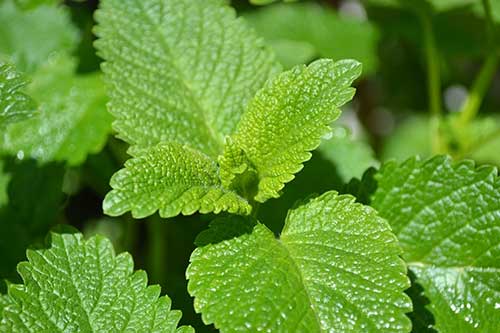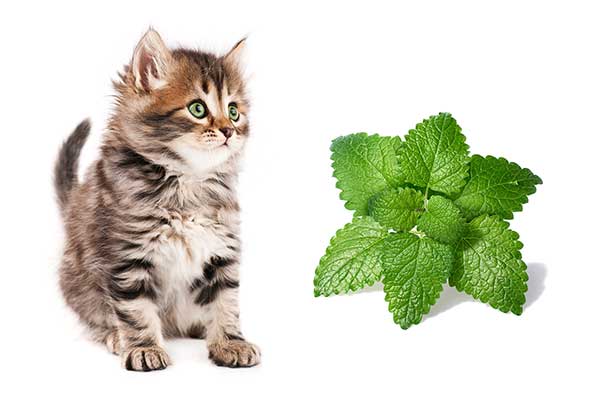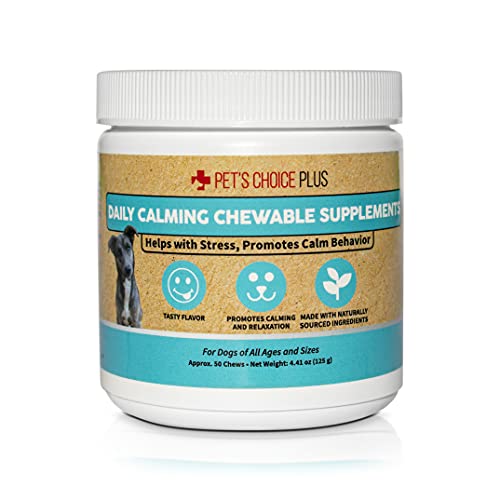It’s somewhat difficult to discuss plants or herbs and cats on the same breath, whether the discussion revolves around ingesting the herb or using it for therapeutic purposes.
So, as a cat owner, it’s only natural to get concerned about the safety of lemon balm for your little furball. And you may be wondering, is lemon balm safe for cats?
The short answer is yes, lemon balm is absolutely safe for your feline friend. You can allow your kitto to freely eat chopped leaves or even the ground dried leaves of this non-toxic herb. But as you may expect, there are a few caveats.
First, you should offer lemon balm to your cat in moderation, and only occasionally. Experts advise keeping the portions between a half a teaspoon and one teaspoon, based on the age, size, and medical condition of your kitto.
Also, you should go slow when introducing your cat to lemon balm.
Read on for deeper insights on lemon balm for cats, including benefits, possible risks, and how to go about offering the herb to your feline companion.
Table of Contents
More About Lemon Balm
Lemon balm, scientifically known as Melissa officinalis, refers to a lemon-scented plant that most insects tend to avoid, apart from bees.
The plant goes by numerous other names, including balm, common balm, or balm mint.
Lemon balm belongs to the Lamiaceae family, which also comprises plants like sage, mint, etc. It’s characterized by its medium size, four-sided stem, and small light-yellow flowers.
The plant traces its origins back to Europe. But due to its immense medicinal properties, Melissa officinalis has now been naturalized in several regions around the world. In the US, the plant is usually harvested a few times between June and September.

Another special feature of lemon balm is its tendency to grow quickly and take over a garden, especially if left feral.
Lemon balm is mostly used as a natural flavor in food and tea. It also produces an essential oil that’s used in perfumery, aromatherapy, and for other therapeutic purposes.
Having adequately introduced lemon balm, you could be asking yourself, is lemon balm poisonous to cats?
As we’ve mentioned, lemon balm is a non-toxic plant that packs a host of health and nutritional benefits for your cat.
Benefits of Lemon Balm for Cats
Lemon balm packs incredible antioxidant, anti-tumoral, antispasmodic, and anti-anxiety properties. So, the plant can benefit your cat in numerous ways as discussed below;
1. Managing Wounds
Lemon balm contains antiseptic and antimicrobial properties. Besides, it’s an insect- and fly-repellent, and hardly irritates the skin.
These qualities make it an excellent home remedy for managing your cat’s wounds and cuts.
2. Treating Respiratory Conditions
Melissa officinalis is a potent antimicrobial herb, which means it can kill bacteria, fungi, and viruses. Therefore, you can use it to treat upper respiratory conditions in your cat.
It’s mostly prescribed for respiratory infections that have proven difficult to treat using conventional medication.
3. Relieving Anxiety
Since lemon balm boasts antianxiety properties, you can use it to relieve feline anxiety, stress, and depression. It’s important to remember that like humans, cats also suffer from various forms of anxiety.
Some of the factors can trigger feline anxiety, including;
- Moving homes;
- Bringing a new pet home;
- Having guests over;
- Changing the cat’s routine, such as feeding and petting times; or
- Environmental stress factors like thunderstorms, floods, fireworks, etc.
Lemon balm can help to calm down your feline from any form of anxiety. That includes separation anxiety that usually sets in when a cat is separated from its owner for an extended period of time.
One popularly recommended lemon balm-based product for relieving feline anxiety is Pet’s Choice Plus Daily Calming Chewable Supplement.
Apart from lemon balm powder, Pet’s Choice Plus Daily Calming Chewable Supplement is also formulated with L-Tryptophan and thiamine, delivering compounded stress-relieving benefits.
It also features green tea extract that alleviates stress-induced indigestion in your cat, helping your furry friend to have regular bowel movements.
Last update on 2025-04-09 / Affiliate links / Images from Amazon Product Advertising API
4. Relieving Indigestion
Lemon balm has been shown to help ease digestive complications, such as constipation and diarrhea. The plant also contains dietary fiber which plays a crucial role in relieving hairballs.
Hairballs, also known as furballs, refer to the balls of hair that normally collect in a cat’s stomach after licking its coat. Furballs are common among wounded cats that tend to lick the sore area excessively.
It’s also important to remember that intense anxiety can lead to digestive issues in your cat. And since lemon balm relieves anxiety, it can subsequently help to treat anxiety-related digestive complications.
5. Prevents Muscle Spasms
Muscle spasms in cats usually begin as minor body shaking and tremors.
Most of these tremors are easy to ignore, and we actually rarely ever notice them. However, frequent muscle spasms could be indicative of an underlying neurological condition.
Thankfully, lemon balm can help to relieve muscle spasms, which also speaks to its ability to manage conditions that manifest in neurological symptoms.
7. Boosts Your Cat’s Immunity
Lemon balm is rich in antioxidants, which can prevent oxidative damage to body cells by neutralizing free radicals.
As a result, these antioxidants help to keep certain diseases at bay, including heart disease, cancer, diabetes, obesity, and feline arthritis.
Besides the above benefits, lemon balm can also help your cat with;
- Slowing down thyroid function, which is useful for cats suffering from hyperthyroidism. To do that, the herb blocks iodide uptake while inhibiting your cat’s antibodies from attacking the thyroid cells;
- Regulation of blood pressure;
- Inducing perspiration;
- Causing mild vasodilation, which helps to improve the functions of the heart and the cardiovascular system.
Last update on 2025-04-09 / Affiliate links / Images from Amazon Product Advertising API
Ways to Use Lemon Balm for Cats
The best way to serve lemon balm to your cat is to dry the leaves and/or ground them into a powder. You can then give your kitto a handful of the dried leaves or a teaspoon of the ground powder.
The recommended dosage ranges from once to twice, possibly even thrice, a day depending on the severity of the condition you’re trying to treat.
You could also go for Melissa oil, which is also known as Melissa officinalis oil. Melissa oil packs numerous benefits similar to those of ground lemon balm. However, always consult your physician before using the oil on your cat.
So, Is Lemon Balm Safe For Cats?
Lemon balm ranks among the safest plants for cats. Plus, it comes with numerous health and dietary benefits.
The only thing to watch out for is allergies, which may occur if you’re introducing the herb to your cat for the first time.
However, before offering lemon oil to your cat, ensure you talk to your vet. That especially applies to cats with compromised immunity, such as kittens, as well as old, pregnant, and sickly cats.







